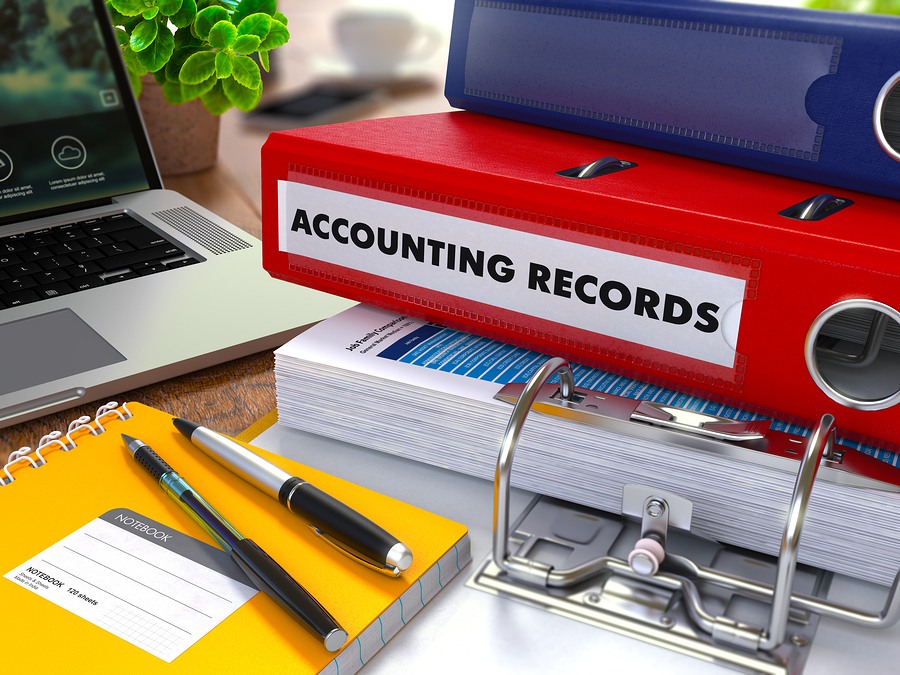

Each account should have an account name, a type (asset, liability, expense, and so on), a description, and a number. But you’ll likely need to tweak this chart to better match your business’s specific needs.
Business bookkeeping software#
Most bookkeeping software packages will set up a basic chart of accounts for you, based on your entity type. This chart forms the skeletal structure that holds your entire bookkeeping system together. The chart of accounts is a list of the accounts you have set up in your bookkeeping system to track all financial activities. Pilot uses QuickBooks Online, which is one of the best bookkeeping software platforms on the market but is also a bit pricier than its competitors. When choosing a bookkeeping software package, you’ll want to weigh factors such as the features needed, the budget available, and the software’s ability to scale with your business. A basic bookkeeping software solution is not terribly expensive and can more than pay for itself in the time you’ll save and the capabilities you’ll gain.
Business bookkeeping manual#
Manually typing or writing transactions day after day is a tremendous waste of time and energy, and such a manual approach is also highly error-prone. But, practically speaking, bookkeeping software is a must for all businesses. Theoretically, they could even do it with pen and paper. Technically, a business can manage its books using Excel. Pick a Bookkeeping Software Package for Small Businesses Third, keeping your business funds siloed away from your personal funds shows the IRS and other authorities that you are serious about maintaining your financial records in a businesslike manner.Separating your business and personal accounts means you won’t have to waste time separating business- from non-business expenses. Second, you can automatically import transaction information from your business bank account straight into your bookkeeping software.First, you’ll know every transaction in that account is a business-related transaction.Having a dedicated business bank account solves a lot of problems: We’ve written before about how mixing business and personal accounts can get you into trouble. Similarly, never make personal transactions using your business bank account. Make sure that all business transactions flow into and out of this account, not your personal bank accounts. Set Up a Business Bank AccountĪ separate bank account for your business is a must-have for businesses of all sizes. If the business is using cash accounting at that point, it will be forced to change accounting methods, which is an enormous hassle. Second, once the business hits that $5 million per year in revenues, it’ll be required to use accrual accounting anyway. That can provide a much more realistic view of the business’s profitability. First, because the accrual method records transactions at the earliest possible moment, it allows businesses to track accounts payable and accounts receivable. Nearly all new businesses are better off using accrual accounting, for two reasons. Similarly, expenses are recorded when the business incurs them, not when it pays for them. Accrual accounting records revenues when they are earned, which may be long before the customer actually pays the business.This is the same kind of accounting that individuals use when balancing their checkbooks.


The exact nature of your record-keeping system is up to you, but a well-designed small business bookkeeping system will keep your financial information in good order, facilitate reporting, and scale with your business as you grow.

The IRS requires all businesses to keep basic financial records in order to accurately track gross receipts, purchases, expenses, and other transactions.


 0 kommentar(er)
0 kommentar(er)
